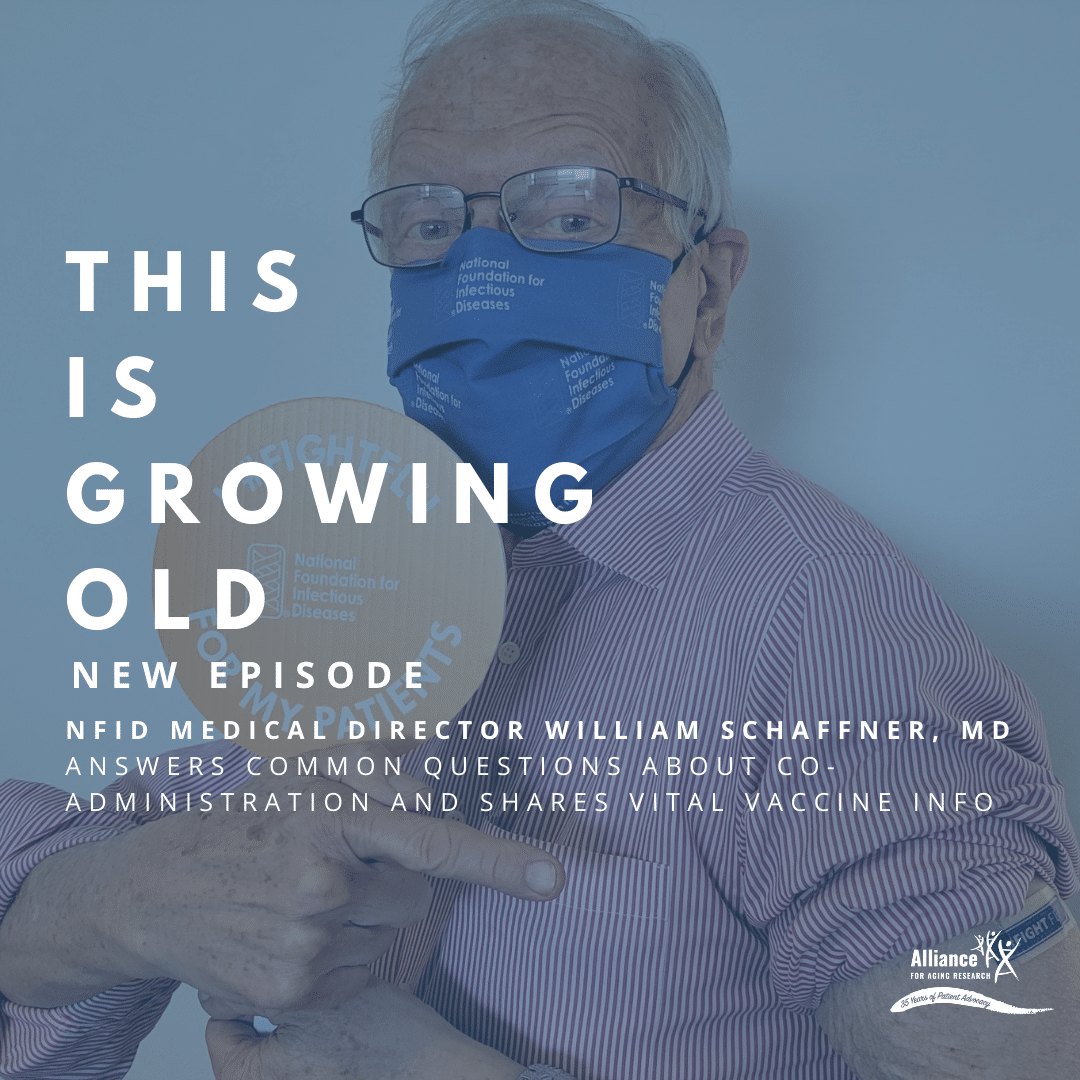
Karyne Jones, President and CEO of the National Caucus and Center on Black Aging, Inc. (NCBA), answers questions about the COVID-19 pandemic’s impact on people of color in the United States and the need to increase vaccination rates among ethnic and racial minority communities, which is the main focus of National Minority Health Month this year:
People of color make up a disproportionate number of total deaths from COVID-19. Why is this the case?
This is because of environmental conditions and other social determinants. Poverty, lack of access to quality health care, education, housing and employment opportunities, institutional racism – the list goes on. As a result, exposure to a contagious virus infects people with a lower quality of life in devastating numbers. African American adults 60 years of age and older have been hardest hit by COVID-19, with a fatality rate nearly six times higher than whites. This deadly statistic can only be attributed to inequity and a basic lack of concern for all communities. The issue of unfairness is not new. COVID-19 has just spotlighted an evitable result.
Black Americans are getting vaccinated at a slower pace than white Americans. Why is the vaccination rate lower among Black Americans?
African Americans have a justified long history of mistrust of the healthcare system, not only because of unethical medical experimentation in the past, but also because of the current unhospitable, disrespectful, implicit, and explicit bias in treatment in the healthcare they receive. However, our outreach has not confirmed that hesitancy to get the vaccine is any different than other demographic. It is quite the opposite as we have been bombarded with calls requesting assistance to where, when, and how to get the vaccine. We can only assume that there was a presumption that the black community would not be receptive to a vaccine and no arrangements were readily taken to ensure that these communities were provided access. If the presumption is there is no demand, despite the record number of hospitalizations and deaths, once again delivery of healthcare is deliberate and unequal.
What has the COVID-19 pandemic taught us about healthcare disparities in the United States?
For decades, NCBA has advocated for quality healthcare for all Americans, especially communities of color. We know that a healthier population would have faired much better with this pandemic. Pre-existing conditions were detrimental to patients. There are many lessons but hopefully, we now understand that healthy people are productive people. I hope there is a greater appreciation for all frontline workers that did not have the advantage of working from home and who kept this country functioning. They deserve quality healthcare. I hope policymakers and politicians understand that discrimination, inequity, and racism cost this country more than a strong economy but divulged a lack of humanity. Most of all, I hope we all have learned that a pandemic like COVID affects everyone and that we really are all in this together. Access to quality healthcare is a right, not a privilege only for those who can afford it.
Along with the Alliance for Aging Research and HealthyWomen, the National Caucus and Center on Black Aging, Inc. is a co-convener of the COVID-19 Vaccine Education and Equity Project. What is the goal of this project, and why is it important for minority health?
Our major goal is to raise awareness around the importance of the COVID 19 vaccine by providing opportunities for open dialogue, engaging diverse communities, and building confidence in the process and the science. Partnering with the Alliance and HealthyWomen, our organizations bring our unique areas of experiences and networks that have enhanced our efforts in addressing health inequities and access. By convening our groups, we now have been able to share the message of the importance of vaccine education with over 180 organizations, especially to communities of color.
April is National Minority Health Month. How can we work to promote minority health and eliminate healthcare disparities in the United States, in April and throughout the rest of the year?
We hope that National Minority Health Month becomes a commitment and continuation of raising awareness about health inequities in ethnic communities and promoting closer relationships with communities of color on health education, preventive care, and chronic disease management.






